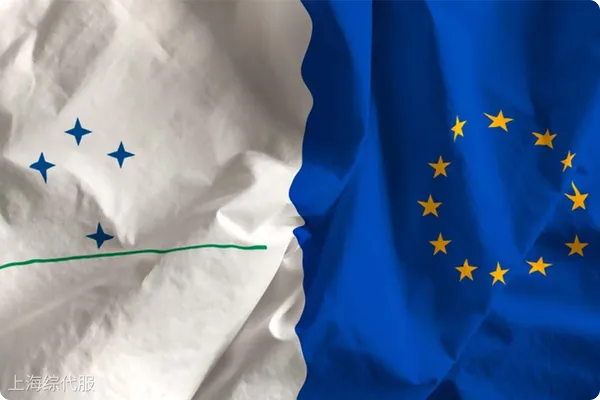After 25 years of negotiations, the Free Trade Agreement between the EU and the Southern Common Market (Mercosur) has finally achieved critical progress. Both sides have stepped up their efforts to reach a final agreement by the end of 2024. If this agreement is signed, it will not only mark historic cooperation between the two major economies, but will also save European companies tariffs of up to €4 billion annually. This news was first by the Financial Times and confirmed by representatives of both sides, showing that the agreement has entered a fast track.

The free trade agreement between the EU and the Southern Common Market was reached in 2019, but has not been finally approved for five years since. This process was delayed mainly due to the strict requirements for environmental protection within the EU and concerns of some member states, especially the major exporting countries of agricultural products. Particularly France and Austria, they expressed strong opposition to low-cost products from South America entering the European market.
European Commission President Ursula von der Leyen has repeatedly publicly expressed support for the free trade agreement. She stressed that the agreement will not only open up a huge market for European companies with a population of 7,8 billion, but will also significantly reduce tariff costs and further enhance the competitiveness of EU companies in global markets. Von der Leyen plans to attend the G20 summit in Rio de Janeiro in November this year, when she will continue to consult with Brazilian President Luis Inácio Lula da Silva on unresolved issues.
However, despite significant progress, the difficult issues in the negotiations remain. First, environmental issues, especially restrictions on imports of agricultural products from deforestation areas by the EU. The EU hopes to protect global forest resources through this provision, but South American countries have shown clear opposition to this, believing that this will seriously affect their agricultural exports. At the same time, European farmers protests are on the rise, fearing that cheap agricultural products from South America will further undermine their profits, especially as they have already faced strict agricultural policies in Brussels.
This series of issues did not slow the progress of the negotiations, but instead inspired the efforts of both sides at the negotiating table. The trade relationship between the EU and the Southern Common Market has been an important part of the global economy, and if a free trade agreement can be successfully reached, it will not only help strengthen the ties between the two major economies, but will also inject a new momentum into global trade. For Europe, the conclusion of this agreement means further consolidating its economic position in the context of increasingly intense global competition. For countries in the Southern Common Market, this will be a great opportunity for its products to enter one of the worlds richest markets.
Even so, differences within the EU still need to be resolved, especially in the fields of agriculture and environmental protection. France and Austria’s positions may affect the process of negotiations in the coming months. However, the European Commission’s firm stance shows that the political will to push for this agreement remains strong. Despite the challenges, both sides recognize the importance of reaching an agreement and are willing to compromise on it.
Overall, negotiations on a free trade agreement between the EU and the Southern Common Market have entered the spring stage. As the end of 2024 approaches, both sides are making final efforts to reach a final agreement. If successful, this will be a new chapter in cooperation between the two major economies and will also have a profound impact on the global trade landscape. European companies will have new business opportunities and South American countries are expected to gain greater influence in the international markets. Regardless of the outcome, this twenty-year negotiation is about to mark a crucial moment.


 Follow customer service WeChat
Follow customer service WeChat